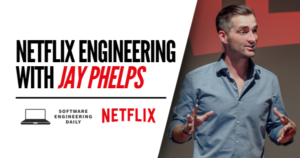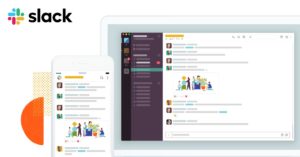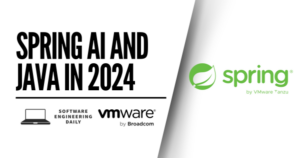Container Storage with Jie Yu
Podcast: Play in new window | Download
Subscribe: RSS


A database stores data to an underlying section of storage. If you are an application developer, you might think of your persistent storage system as being the database itself–but at a lower level, that database is writing to block storage, file storage, or object storage.
A container orchestration system manages application containers. If you want to run WordPress (a blogging platform) on Kubernetes, that means you also need to run a database to store your blog posts in a persistent way. To run a database, you need to have an underlying storage medium–which could be a disk that is at your on-prem data center, or block storage on a disk at a cloud provider.
Kubernetes is not the only container orchestrator. There’s also Cloud Foundry, Mesos, Docker Swarm, and several others. Each of these container orchestrators needs to be able to run a variety of persistent workloads (such as a MySQL database or a Kafka cluster). Each of these persistent workloads needs to be able to use different types of backing storage.
With the range of container orchestrators and the range of backing storage types, a problem arises. Every storage type would have to write custom code to connect to each container orchestrator.
The solution to this is the CSI: the container storage interface. The CSI is an interface layer between the container orchestrator and the backing storage system. In today’s episode, Jie Yu from Mesosphere describes the motivation for the CSI, and gives an overview for its design principles. There are great lessons here for anyone working with containers or distributed systems in general.
Show Notes
Stripe: Designing Robust and Predictable APIs with Idempotency
Transcript
Transcript provided by We Edit Podcasts. Software Engineering Daily listeners can go to weeditpodcasts.com/sed to get 20% off the first two months of audio editing and transcription services. Thanks to We Edit Podcasts for partnering with SE Daily. Please click here to view this show’s transcript.



















